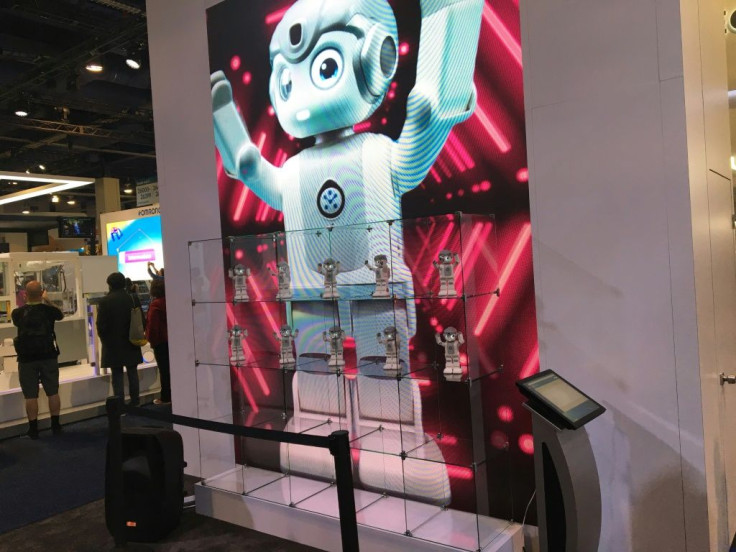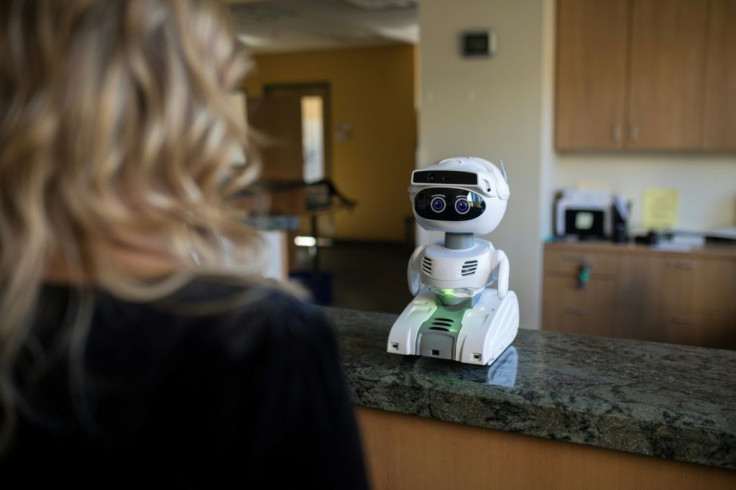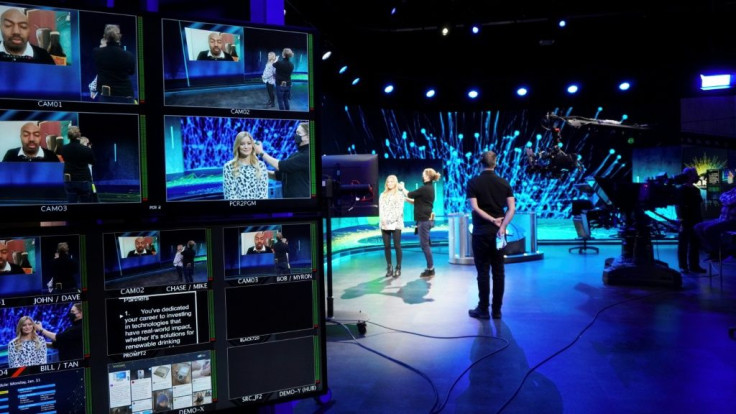Massive Tech Show Kicks Off As Pandemic Boosts Spending
A digital version of the Consumer Electronics Show kicked off Monday, showcasing new innovations as organizers projected sharp growth in technology spending amid the Covid-19 pandemic.
Spending on technology in the US this year will hit $461 billion this year, 4.3 percent higher than it was in 2020, extending a trend of people hunkering down at home and relying on gadgets and the internet for work, school, and socializing.
Streaming television services, digital health devices, and superfast 5G mobile networks will be stand-out sectors this year, according to the Consumer Technology Association, which runs CES.
"The pandemic has pushed the fast-forward button on tech adoption -- from our homes to our work to our doctor's offices," said CTA president Gary Shapiro.

Some 1,800 exhibitors are participating in the show -- normally staged in the US gaming resort of Las Vegas but facing a challenge to replicate the glitz of previous years in the new format.
The event kicked off with streamed video presentations from companies -- including bigger and improved TV displays from South Korea's LG and Samsung -- as the "digital venue" was being set up to allow industry participants to connect virtually with exhibitors.
LG was among consumer electronics giants showing off immersive, high-definition screens as the pandemic has accelerated a trend toward streaming television shows on demand from services such as Netflix, Disney+, and Amazon Prime.
Among futuristic glimpses offered by LG were a "virtual human influencer" in the form of a software-created woman who spoke glowingly about a new robot being unveiled, and progress developing a "rollable" smartphone screen that can change size.

Health technology is in the focus this year with the pandemic putting a spotlight on technologies for telemedicine, remote patient monitoring and diagnosis and tools to help with early disease detection.
Also on display will be an array of workplace health gadgets, from smart thermometers to air purifiers and sanitizing robots.
Samsung introduced a "bot" that uses artificial intelligence to recognize its human and learn their habits so it can remind them of things.
Technology for Covid-19 detection and mitigation is one of the big themes.

Several autonomous disinfection robots are being shown at CES, and other gadgets include wearables that monitor vital signs and could provide early detection for coronavirus infections.
US shipments of "connected health monitoring devices" nearly doubled last year to $632 million, and is projected to climb to $845 million this year, according to CTA analysts.
Other devices aim to help cope with the isolation of coronavirus lockdowns including companion robots and monitoring systems for the elderly living alone.
CES has more than 300 speakers lined up, and a heightened focus on sessions diving into issues such as privacy and 5G internet.
Speakers include chief executives Mary Barra of General Motors, Hans Vestberg of Verizon and Corie Barry of Best Buy.
When the virtual show floor opens on Tuesday, attendees will be able to click into online exhibition booths for demos and chats.
Some unveilings that would normally draw crowds in Las Vegas are going ahead in the virtual space: Audi is set to launch its electric sports car, while other companies will be releasing gadgets adapted to superfast 5G wireless networks which are gaining traction.
But some analysts say the lack of in-person events has pushed many participants to the sidelines.
Show organizers said they hope to deliver a new kind of experience which can be useful to the expected online crowd of 100,000 or more.
"CES is one of the most experiential events in the world, where attendees can actually see and touch and experience the latest innovations," CTA spokeswoman Jean Foster said during a briefing ahead of the show.
"And while we can't recreate that magic that happens in Las Vegas, we can bring our audiences a new and unique whole digital experience."
rl-gc
© Copyright AFP 2024. All rights reserved.



















